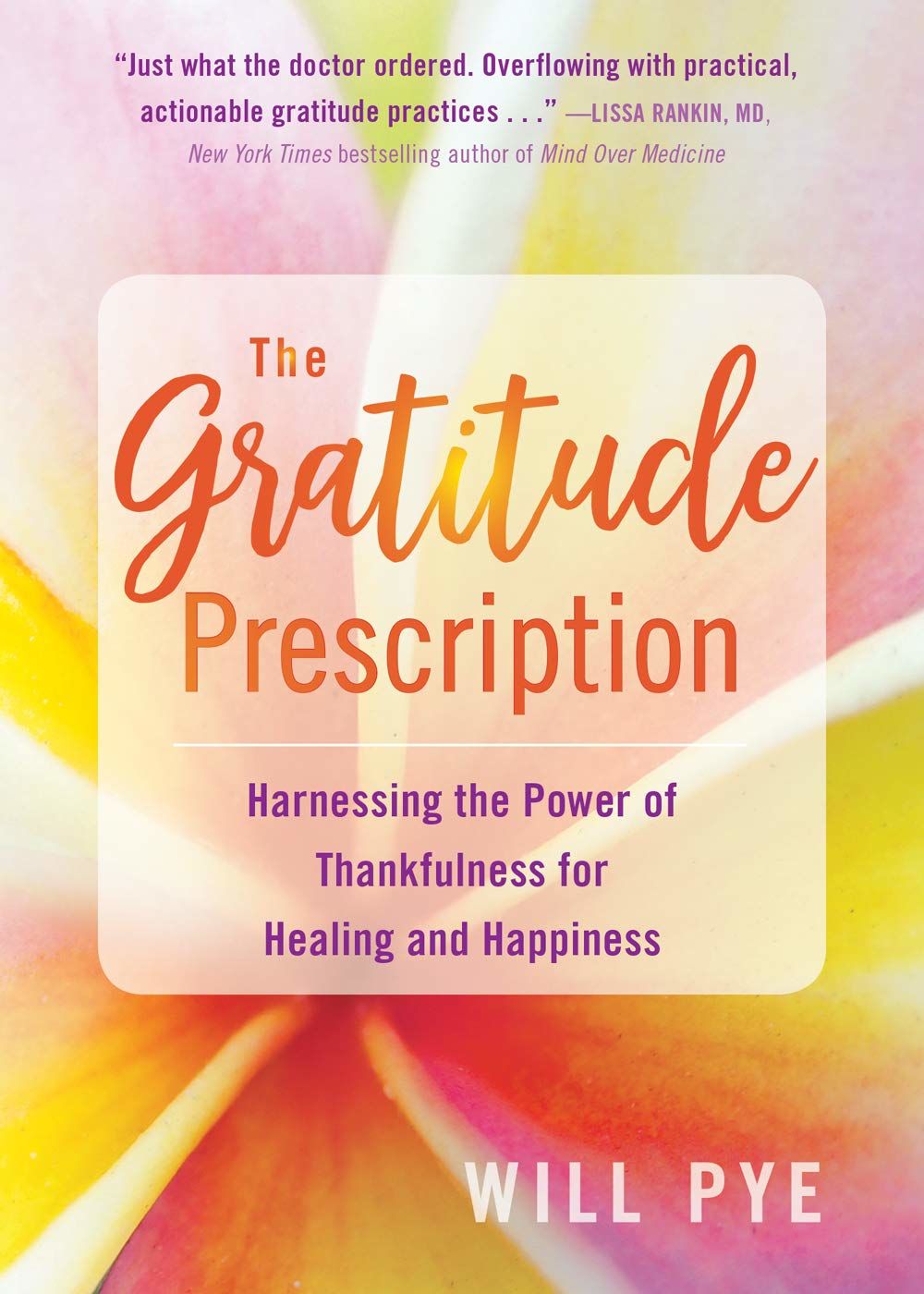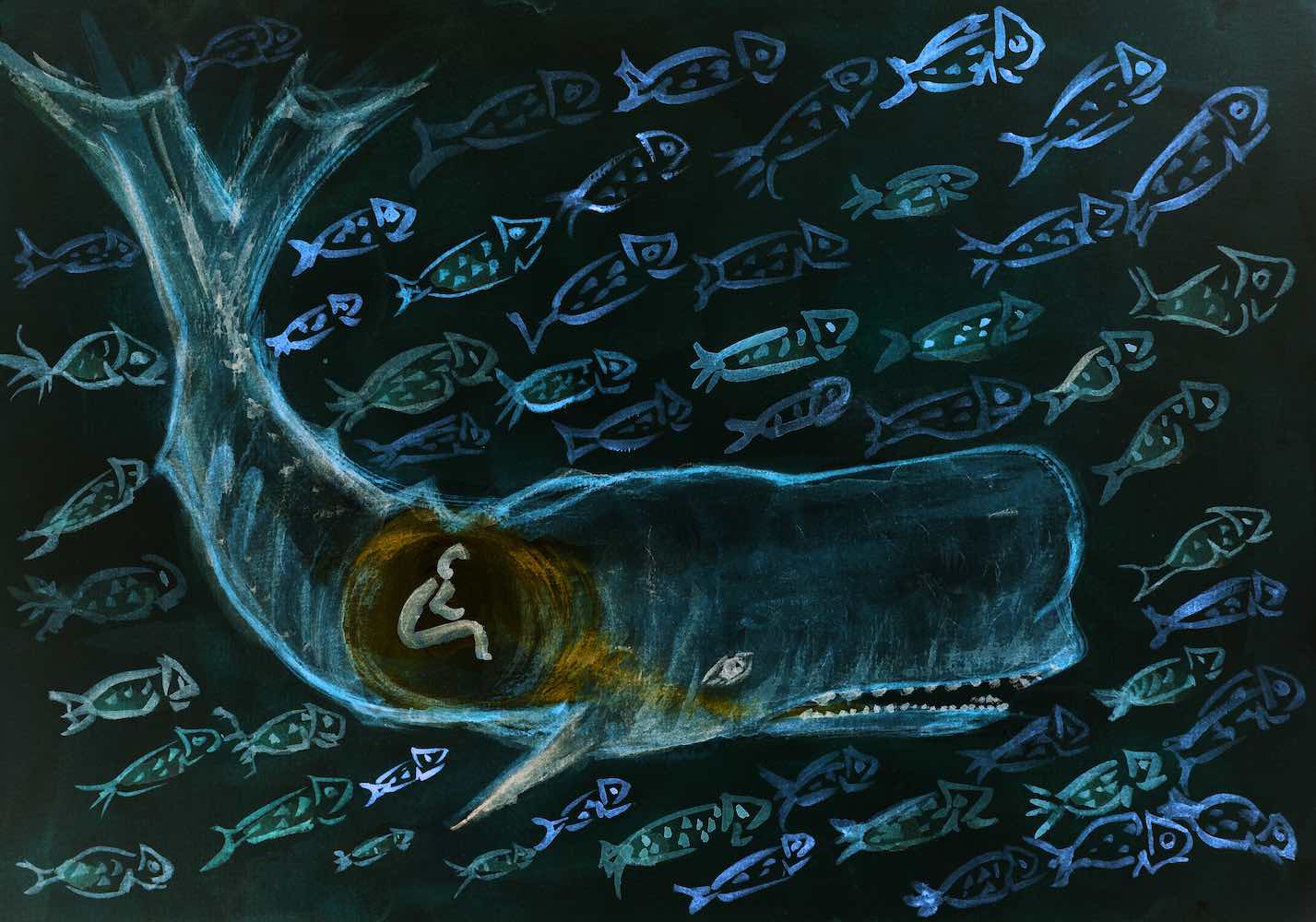Have you ever wondered why discussions about what to eat can get so intense and be incredibly polarizing? Vegan versus paleo, cooked versus raw, etc. One reason is that food is part of our tradition and our identity, and most people feel very strongly about this. The other reason is that people are different, and, indeed, need different diets. Now that we’ve examined Dr. Price’s research in depth in the last three installments of this series, we’re focusing on what that means for us by answering the question: What should I eat?
To answer this, it may help to look back at our great, great ancestors. Where did they come from? What did they mainly eat? Grains? Seafood? Meat? Dairy products? Sometimes the information about our heritage isn’t available or too in-depth. Or, perhaps we are a mix of different cultures. In that case, we can check-in with ourselves: What do I like to eat? True vegetarians hate the thought of eating meat. On the other hand, if omnivores don’t get enough meat, they dream of bacon and pot roast.
Our diet depends on our state of wellbeing. If we are healthy, then it is good to check-in with how we are feeling on a daily basis. If we are unhealthy, we’ll notice that our cravings can be misleading. According to Ayurveda, you tend to eat what state you are in. A healthy person craves healthy food, while a not-so-healthy person might crave unhealthy food. This is why our dietary history can be a reason for not eating what our body really needs to thrive. For instance, if we’ve avoided fat for a long time, our body is not used to producing enough bile because it was not needed. Once we slowly introduce fat again, the body will become better able to digest it.
Occasionally, the quest for finding our lifestyle diet leads us on a detour where, in comparison to what we ate before, we might feel much better for awhile, and also heal certain conditions. But, long-term, we might run into other problems such as chronic fatigue, demonstrating that something is missing from our diet. Typically, people who need both complex carbohydrates and animal protein are the ones to experiment with more extreme diets – which are not a sustainable solution.
An example of a detour can be going vegan for awhile, for instance while detoxing. Generally speaking, vegan food has more of a cleansing property, while animal foods are more nourishing. (*Note: Animal food, such as bone broth, can be cleansing, while vegan snacks can be strengthening.) Another example is someone who suffers from a candida overgrowth are likely to crave sweets and simple carbohydrates, as that is what the candida feeds on. An out-of-balance microbiome, or dysbiosis, can be the reason for many cravings (not to mention, a wide variety of mental and physical disorders). One solution might be to try the GAPS diet or the Autoimmune Paleo diet, focusing on easy-to-digest proteins like bone broth and cooked meats, and avoiding complex carbohydrates.
Besides our ability to physically digest food, we should also ask ourselves whether we follow certain dogmas (i.e. fat, meat, dairy, grains, or legumes are “bad,” etc.). However, as outlined before, indigenous people thrived on all kinds of food. There is no such thing as a “bad” food; there are only a few questions to ask: What is the quality of the food? Is it right for me, and if so, to which quantity?
For reference and further reading, check out Nutrition and Physical Degeneration by Weston A. Price, D.D.S. and Nutrition and The Autonomic Nervous System by Nicholas J. Gonzalez, M.D. Stay tuned next month, when I conclude this four-part series.















2 replies on “How To Determine Which Diet is Best For You”
Hi Mary, the homeopathic protocol for Celiac disease is different from the one for gluten sensitivity, and flair ups are treated based on symptoms, meaning on a case by case basis. I healed my gluten sensitivity through Practical Homeopathy which I learned through Joette Calabrese at https://joettecalabrese.com/. She offers free content on her blog, classes, as well as consultation. If you like to talk directly to me you can contact me via email. You can find my email address here: https://breathetogetheryoga.com/teachers/. Best of luck to your sister!
Hi Judith, my sister has been diagnosed with Celiac disease and I understand you have a gluten sensitivity. She follows a very strict gluten free diet. Can you recommend a homeopathic remedy that may help her with flare ups?